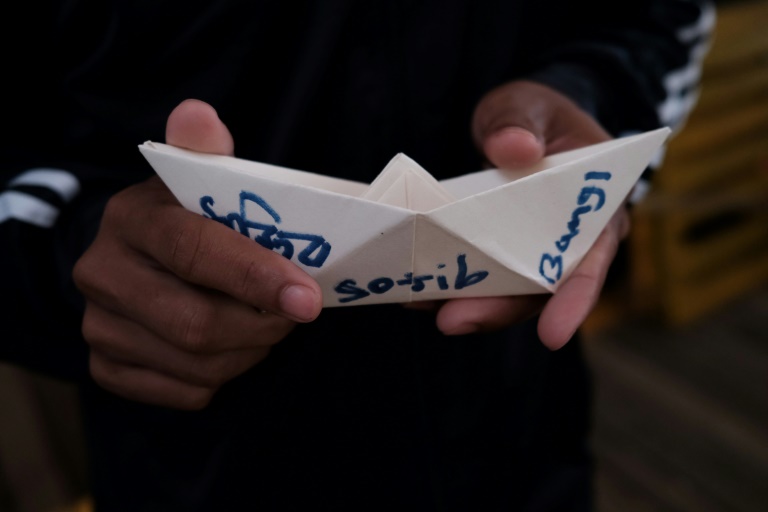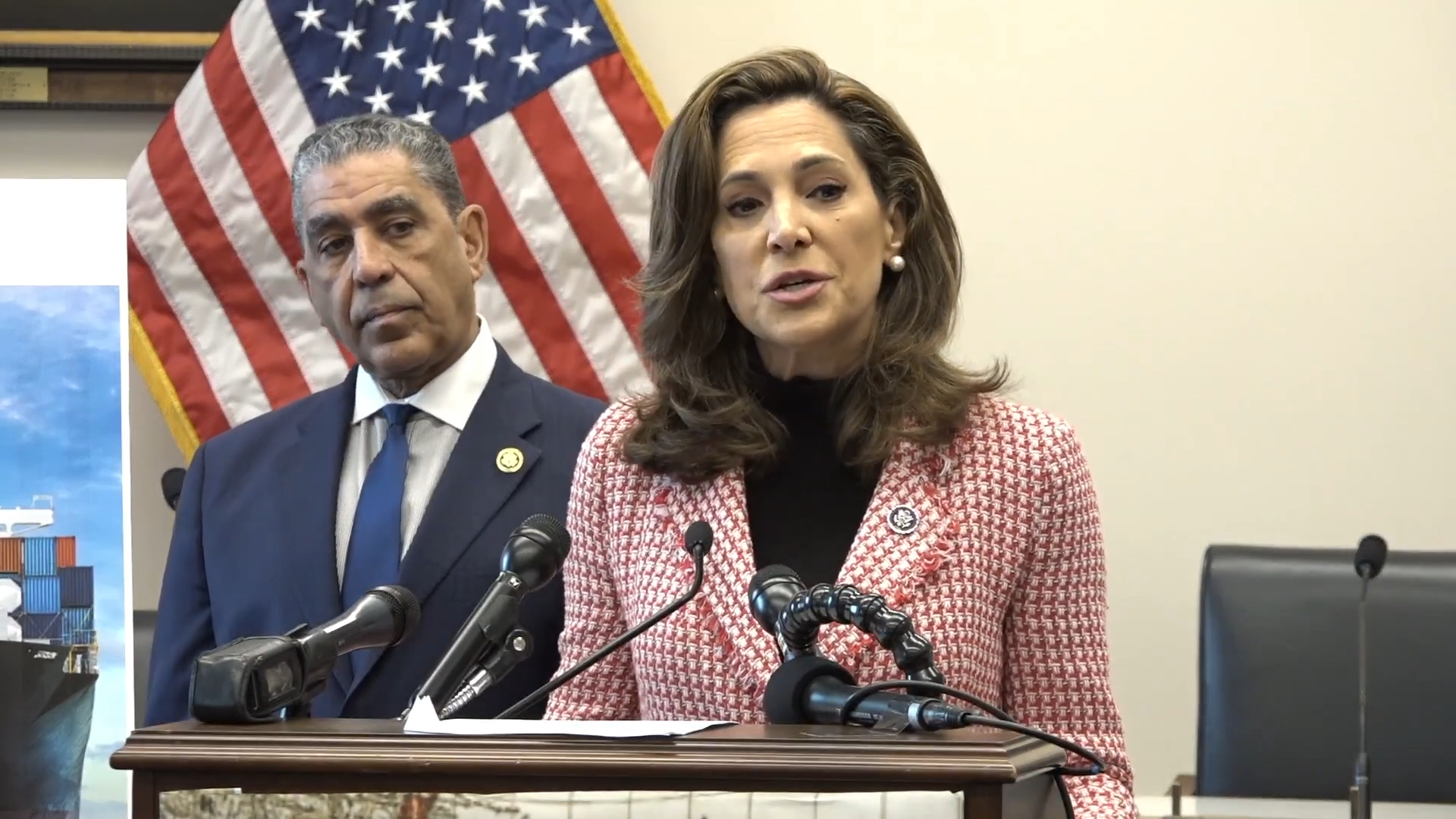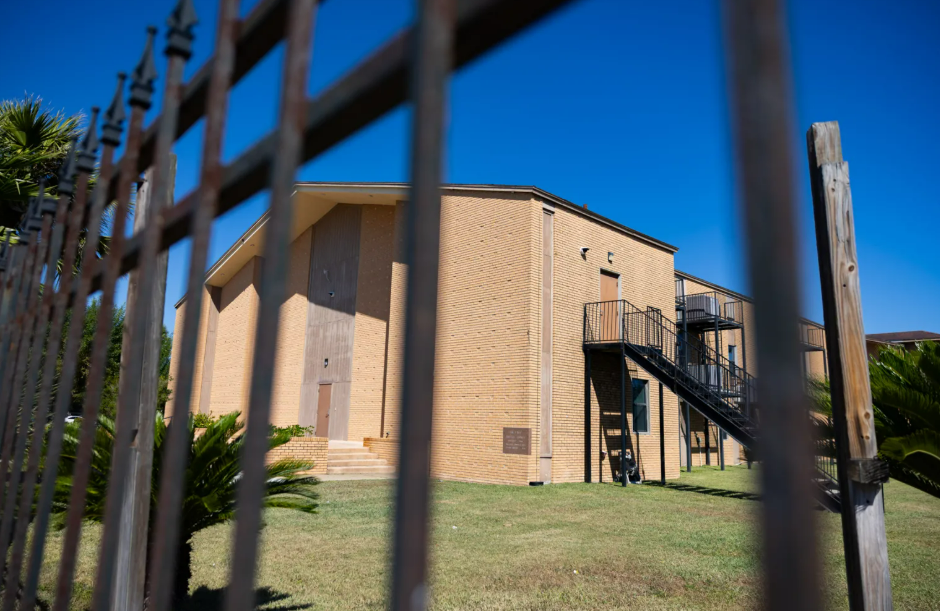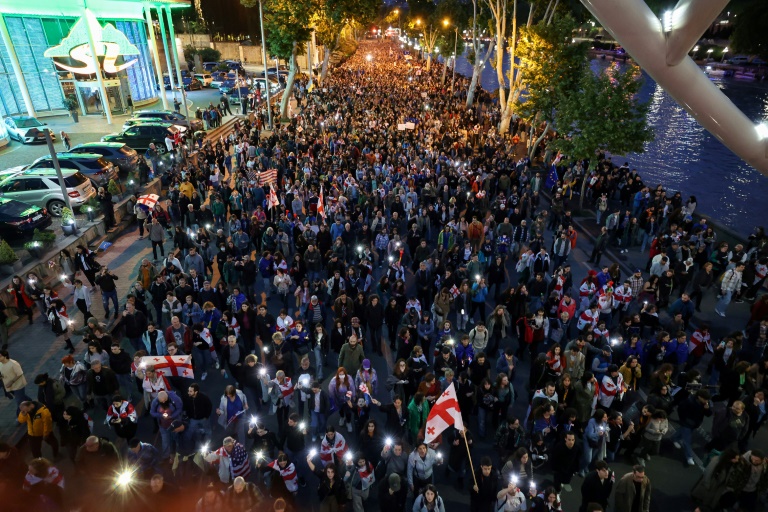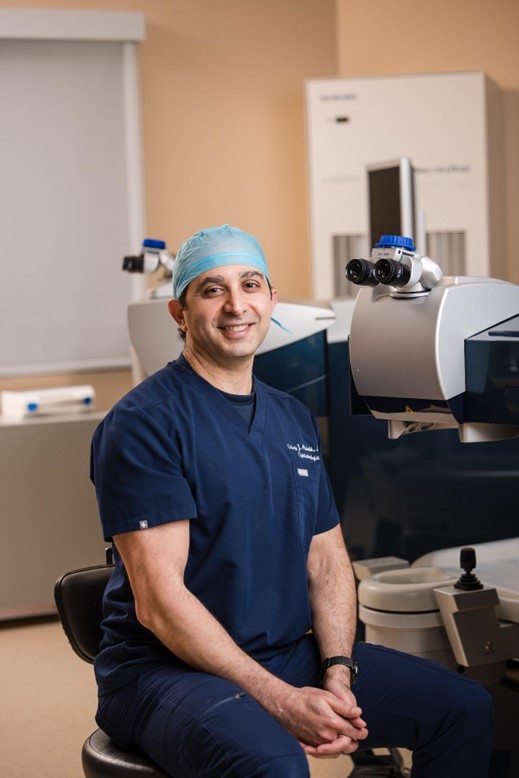The shouts ringing out from the makeshift baseball court on the ship’s deck are a far cry from the desperation of a few days ago, when the players were plucked from the often fatal waters of the Mediterranean.
As the young Bangladeshi men scampered and leapt for the ball, some watched while others aboard the Ocean Viking migrant rescue ship drew with crayons or pushed pawns across wooden game boards.
Efforts to cultivate a sense of normalcy, and even levity, are considered essential by the Ocean Viking’s crew during the short journey from the hell migrants have escaped and the uncertain welcome that lays ahead in Europe.
The almost joyful scenes on deck stood in stark contrast to the beginning of the migrants’ time on the ship, when the 35 shocked and shivering Bangladeshi men were rescued at the crack of dawn.
SOS Mediterranee, the NGO that operates the Ocean Viking, said they were among around 10,000 people the ship has rescued in the Mediterranean since 2019.
After a few hours of sleep, the men were given a meal, with steam from the hot rice fogging up the plastic containers.
“You are safe,” signs written in several languages beamed down from the ship’s walls, while a Red Cross poster explained how to contact their loved ones.
On the floor, a hopscotch outline faded by the weather bore witness to the number of children who have attempted this deadly crossing.
To communicate with the newcomers, Sana, a member of the Red Cross and the Red Crescent, scribbled rudimentary messages in Bengali with the help of Mohammad, one of the few anglophones among the migrants.
The next day, standing in front of a whiteboard, she would take on the job of teaching them the basics of Italian, to prepare for their arrival.
Clotheslines hung over an imposing pile of garments. Hands in a basin, the Bangladeshis soaped up the outfits they wore at the time of their rescue.
Soon, a whirr could be heard over the rattling of the ship’s engine: the barbers at the back of the deck were open for business.
Armed with scissors and electric clippers, the young men took a hack at trimming their companions’ beards.
On one occasion, a professional hairdresser they rescued even groomed the whole crew, captain included.
“It was also a way of giving him back his rightful place,” said operations manager Daniel Auerbacher.
One of the rescued, Sojib, presented an origami boat he folded to Caterina, an Italian doctor on board. Lacking the words, a hand on heart made do as sign of thanks.
On a map of Europe, two migrants in their twenties pointed at Italy, speaking of their dream of finding work in the country to help feed their families, left behind in their poverty-stricken homeland.
The time to disembark in Italy neared. One by one, each packed up their possessions: a simple grey blanket, a tracksuit or an over-the-shoulder bag.
Their goodbyes, though short, were sincere. “We will miss you,” some whispered.
On the gangplank, the migrants shot once last glance over their shoulder at the Ocean Viking before landing ashore.
AFP
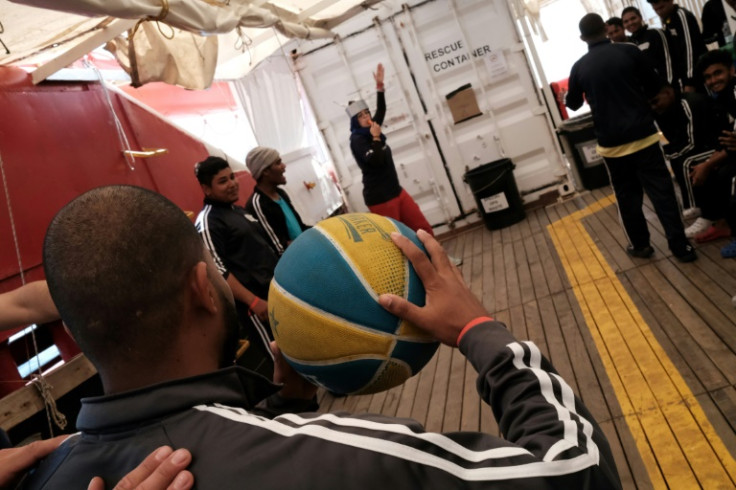
AFP
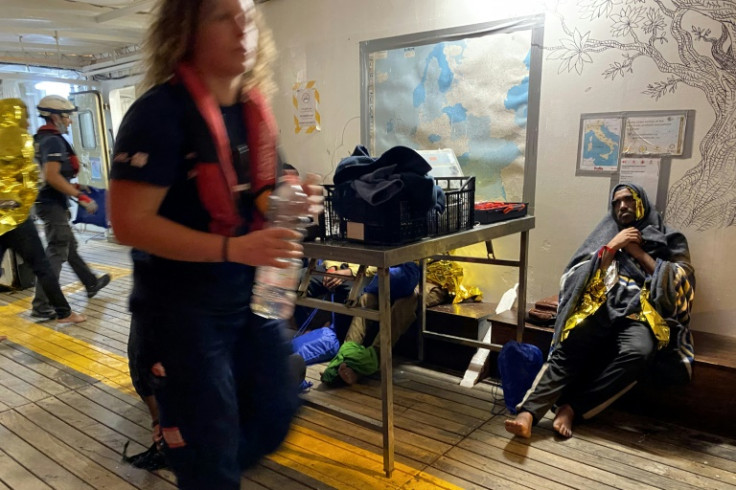
AFP
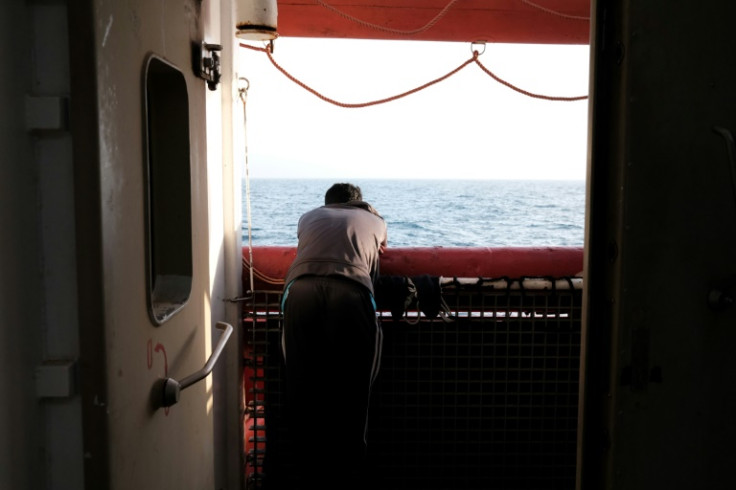
AFP

